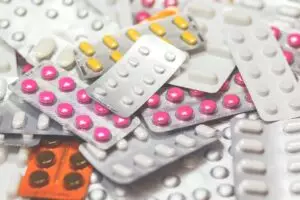One of the things that can be confusing about addiction and the way it progresses is that there is a link between certain drugs. There are many people who laugh when they hear the term “gateway drug,” but gateway drugs do exist in a certain capacity. Vicodin is one of them. Heroin is one of the most dangerous drugs on the market, and Vicodin can absolutely lead the way to heroin abuse. But how does this happen? Here’s a rundown of how Vicodin leads to heroin addiction.
Opioids

Increasing Tolerance
One thing that is different about the opioids, though, is that each has a different strength. The body has the ability to adapt to chemicals and poisons, decreasing their influence on the body over time through a process called tolerance. While this doesn’t stem off addiction, it does make the body receive less benefit the more a chemical is used, because having that chemical becomes the body’s new normal. So if someone is popping Vicodin pills for their high, it won’t last forever. Eventually, the only way to get a high like before would be to take a stronger drug. Hence, Vicodin can lead the way to heroin, a higher-strength opioid.
If you or someone you know are looking to head off the rock bottom by getting heroin drug treatment, our Broward County addiction facility has plenty of options for detox and rehab. Contact us to learn more.

